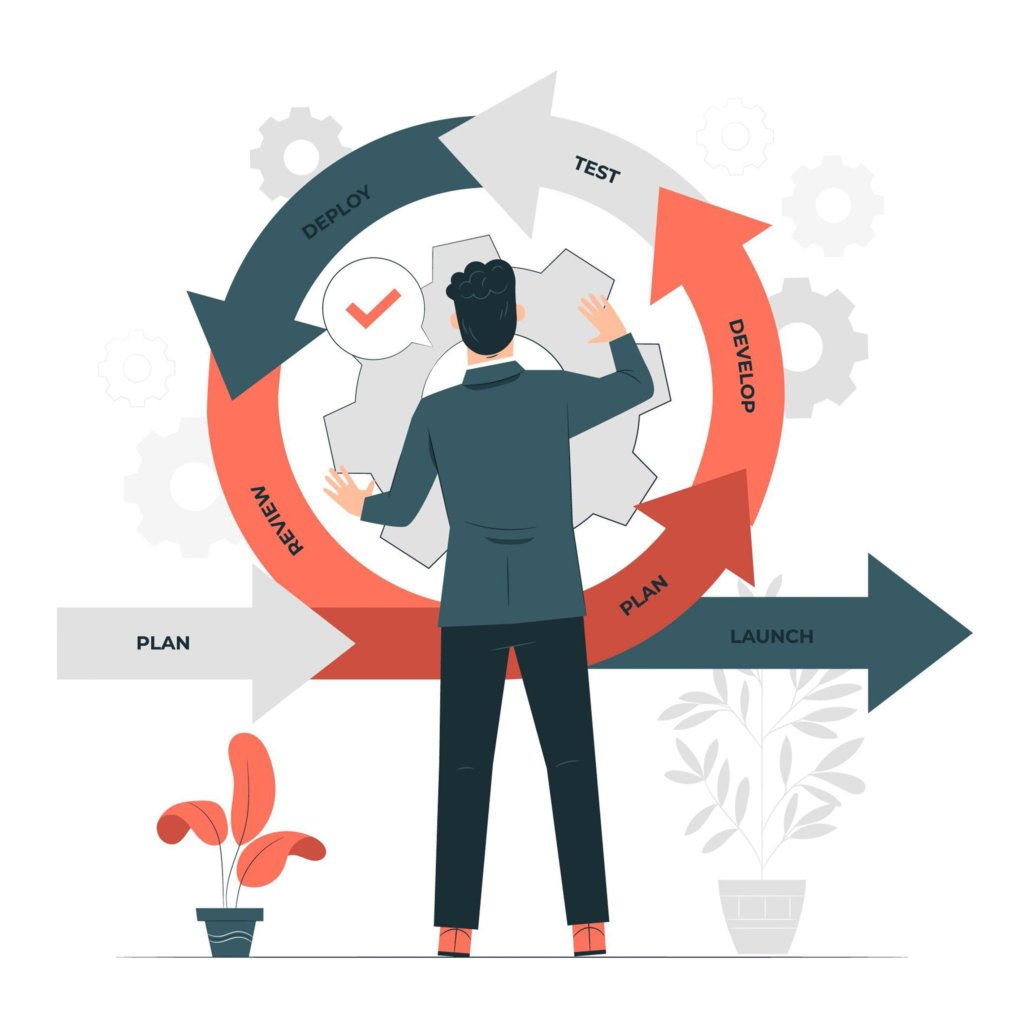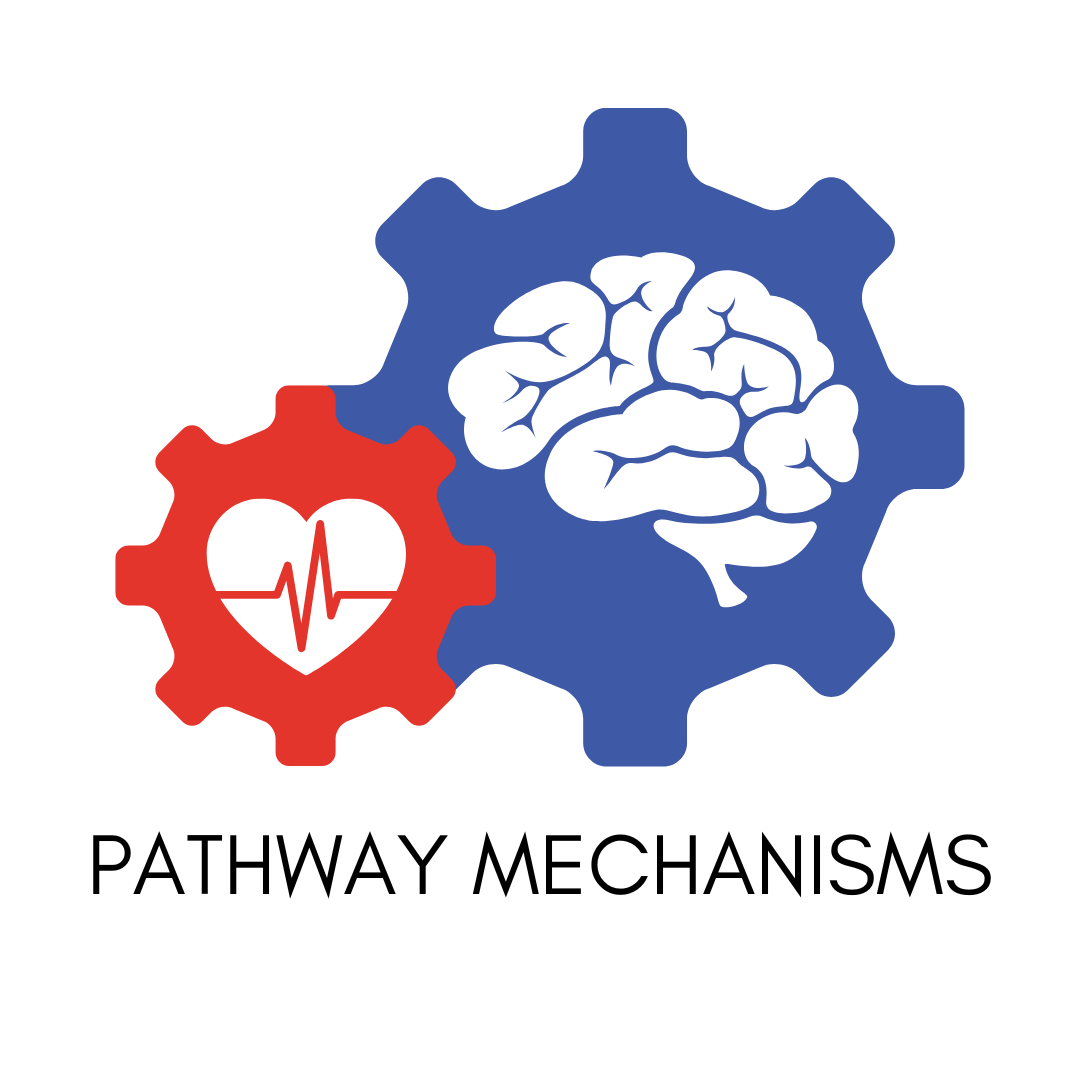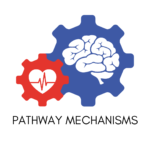Pathway Mechanisms
study name
Pathway Mechanisms
Study participants were heart disease patients with comorbid anxiety/depression symptoms referred to CR services at seven NHS Trusts in the North West and took part in the MCT-PATHWAY study.
Study Participants
- The study is a mechanistic study using data from the NIHR-funded PGfAR PATHWAY study.
- PATHWAY was completed in August 2021 and included two RCTs.
- The first RCT (WS2) was a multicentre, two-arm, single-blind RCT with four-month and twelve-month follow-ups comparing Group-MCT plus usual CR with usual CR alone.
- The second RCT (WS3) was a multicentre, two-arm, single-blind RCT with a four-month follow-up comparing home-based MCT plus usual CR with usual CR alone.
Pathway Mechanisms Info

- Depression and anxiety (distress) affect at least I in 3 patients attending cardiac rehabilitation (CR).
- Talking-based therapies are not routinely offered and when available, have limited effects.
- This is concerning because distressed patients are at greater risk of death, further cardiac events, poorer quality of life, and use more healthcare services.
- Our previous studies found that adding a talking-based therapy called metacognitive therapy (MCT for short) to CR significantly reduced distress.
- We need to understand more about why MCT works, who it works best for, and which of the MCT techniques are most successful.
- This will allow us to understand why treatment might fail for some people, which techniques need to be improved and which shouldn’t be changed.

- To understand how and why metacognitive therapy (MCT) decreases distress in cardiac rehabilitation (CR) patients.
- Compare the mechanisms with distress scores in all patients (MCT+CR and CR alone).
- Compare the MCT techniques used in a session with any changes in the mechanisms after that session.
- Compare the mechanisms of patients who attended CR alone (control group only) with their distress scores.

- We will use data from our NIHR-funded PATHWAY trials of MCT.
-
- In trial one, 332 CR patients received MCT in a group setting plus CR or CR alone.
-
- In trial two, 240 CR patients received self-help MCT plus CR or CR alone.
- Participants filled in questionnaires before and after treatments that measured distress, coping strategies, and beliefs (mechanisms) that we know keep distress going and are changed in therapy.
- In trial 1, one of the questionnaires that measures mechanisms was completed after each session.

- Our PPI group, whom we have been working with for 10 years, have reviewed the study aims and provided feedback on the lay summary.
- Throughout the grant, the PPI group will review the results, ensure they are interpreted in lay language and will co-develop the dissemination strategy.
- Background
-

- Depression and anxiety (distress) affect at least I in 3 patients attending cardiac rehabilitation (CR).
- Talking-based therapies are not routinely offered and when available, have limited effects.
- This is concerning because distressed patients are at greater risk of death, further cardiac events, poorer quality of life, and use more healthcare services.
- Our previous studies found that adding a talking-based therapy called metacognitive therapy (MCT for short) to CR significantly reduced distress.
- We need to understand more about why MCT works, who it works best for, and which of the MCT techniques are most successful.
- This will allow us to understand why treatment might fail for some people, which techniques need to be improved and which shouldn’t be changed.
- Study Aims
-

- To understand how and why metacognitive therapy (MCT) decreases distress in cardiac rehabilitation (CR) patients.
- Compare the mechanisms with distress scores in all patients (MCT+CR and CR alone).
- Compare the MCT techniques used in a session with any changes in the mechanisms after that session.
- Compare the mechanisms of patients who attended CR alone (control group only) with their distress scores.
- Methods
-

- We will use data from our NIHR-funded PATHWAY trials of MCT.
-
- In trial one, 332 CR patients received MCT in a group setting plus CR or CR alone.
-
- In trial two, 240 CR patients received self-help MCT plus CR or CR alone.
- Participants filled in questionnaires before and after treatments that measured distress, coping strategies, and beliefs (mechanisms) that we know keep distress going and are changed in therapy.
- In trial 1, one of the questionnaires that measures mechanisms was completed after each session.
- PPI
-

- Our PPI group, whom we have been working with for 10 years, have reviewed the study aims and provided feedback on the lay summary.
- Throughout the grant, the PPI group will review the results, ensure they are interpreted in lay language and will co-develop the dissemination strategy.
Project Timeline

Stage 1
Months 1-3 will be for study initiation including the creation of databases.

Stage 2
Months 3-19 will be for data cleaning and data analyses.

Stage 3
Months 19-24 will be for report writing and dissemination.
Pathway Mechanisms FAQs




